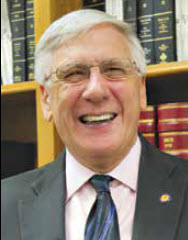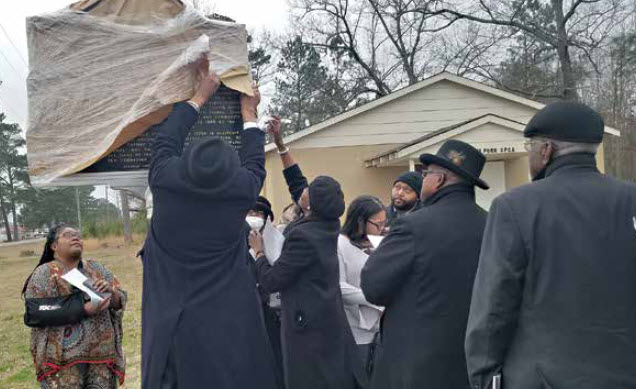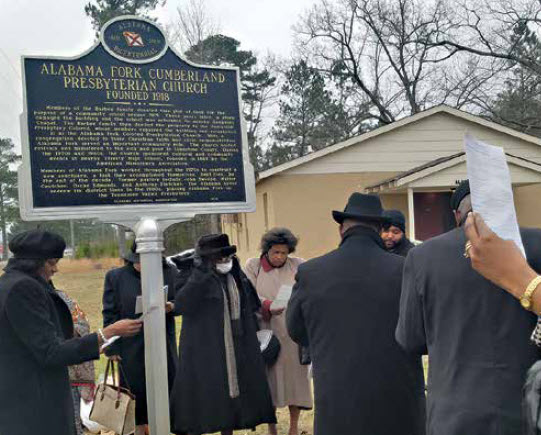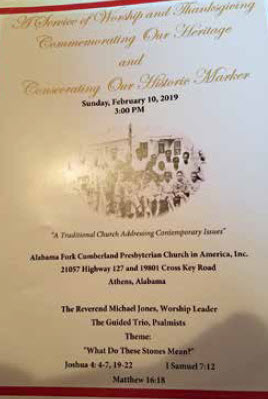What Makes Ronnie Roll: Happily Hanging On To History
 By: Ali Elizabeth Turner
By: Ali Elizabeth Turner
Mayor Ronnie had a lengthy conference call with several leaders from around our fair state; so our time was going to be limited. The group had several challenges on their agenda to discuss, most of which centered on prudently upgrading outdated infrastructure in time to accommodate the record growth that is coming to our region, and doing so responsibly. In our own area, work is beginning soon on Forrest Street, replacing bridges that are way past their “expiration date.” Now, while the combination of the bridge being out in addition to the road replacement work is going to cause people to go out of their way for a while, the ability to safely accommodate the sheer weight and number of cars that use that thoroughfare will be well worth it once it is finished.

The mayor has always had a great appreciation for the history of our area, and recently when Birmingham 16th Street Baptist Church bombing survivor Dr. Carolyn McKinstry came to Athens to speak, he had the pleasure of telling her about some of our greatest stories—those of the Scottsboro Boys, Judge James Horton, Trinity School, and Patti Malone. Dr. Carolyn had never heard about any of it and is going to come back to learn more.
On Sunday, February 10, another important piece of local history was celebrated and commemorated, that of Alabama Fork Cumberland Presbyterian Church in America, Inc., located at the corner of Cross Key Road and Highway 127. At 3 p.m., the new National Historical Society marker, which has a special insignia for the Alabama Bicentennial celebration was unveiled. The marker tells the story of the church and is visible from the road. Folks then scurried in out of the cold for what Mayor Ronnie called a “wonderful service.”

During Jim Crow, Alabama Fork meetings were held in a school, and the church was under the denominational oversight of what was known as the Huntsville Presbytery Colored (HPC). The Barbee family donated the land to build a new church in 1915, and the land is close to the site of a Civil War battle. The Barbees chose to donate the land because of their concern for the spiritual and educational needs of their community. Throughout the years, the church focused on winning souls, taking care of the felt needs of the community, sponsoring revival meetings, and ministering to what their brochure calls “the sick, the needy and imprisoned.” Alabama Fork also partnered with Trinity School during the ‘50s and ‘60s to bring cultural and community building events to North Alabama. In the 1970s, the current building was built, and after three denominational name changes, in 1992 the official name of the church became Alabama Fork Cumberland Presbyterian Church in America.

After the marker was unveiled, the Reverend Doctor Mitchell Walker, Sr., preached a message entitled “Lest We Forget,” drawing from the examples of 12 stones being used to record various important events in the history of the nation of Israel. Mayor Ronnie’s takeaway was how important it is that our young people especially know “where they have come from so they can know where they are going,” both as individuals and as a generation. The time flew by, it was time to pray, and then Ronnie rolled, almost at a dead run.
By: Ali Elizabeth Turner